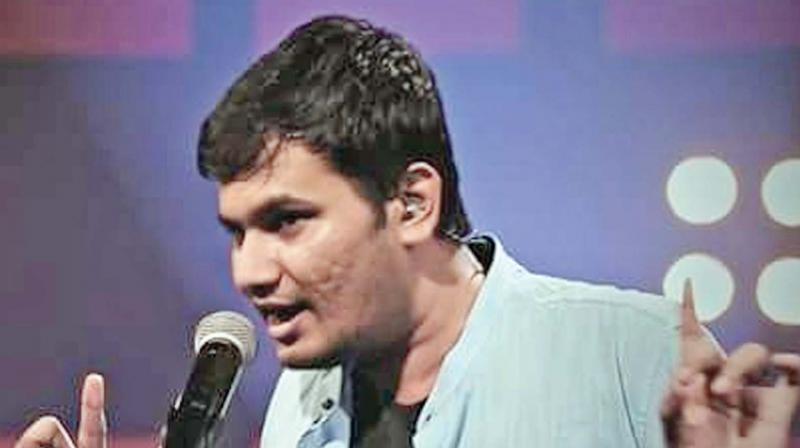From stage to the studio

Bejoy Nambiar’s upcoming film Solo is setting up a trend for regional mainstream music. The film has about ten different bands such as Agam, Thaikkudam Bridge, Masala Coffee, and more such recognisable names coming on board for the ambitious project. Regional and English indie outfits in the country have been seeing a good patch for the past three to four years, and this move by the director has been well received in the indie space. In the past few years, many crossovers between indie bands and cinema have happened with musicians like Sean Roldan and Hip Hop Aadhi, who were part of bands, venturing into mainstream music. DC talks to various bands about how the representation of indie musicians in regional cinema will help shed more limelight on the music scene in the country.
Agam’s frontman Harish Sivaramakrishnan talks about his work in Solo — “As a composer, I am significantly concerned about the music I create. So, I think whatever I create, should be meaningful. I am not concerned about who else is composing the music for the film. Music has a wide reach, so, more people coming together to work in a film is really fantastic.”
When asked if mainstream cinema will help them get more attention, he says, “Absolutely! Films have more reach and have the ability to touch people than independent outfits. Working in mainstream cinema will grab more eyeballs and attention. But what is critical for the bands is to stay close to their idea and genre of music. If you can keep that intact and still work commercially, then I think that’s a great thing.”
However, Kaber Vasuki of the Tamil rock band Kurungan says, in terms of attention only bands those are already popular can get the chance to further expand their fan base — “Movie people are not going to go searching for bands. They will only opt for the ones which are already famous and their favourites. Bejoy might have been a fan of these bands, and directors being an ardent fan of indie music is a rarity here.”
Kaber adds, “If you ask whether the transformation of an indie musician to mainstream composer will help one’s band albums, then I should say it all depends on the individual. In that sense, ‘Hip Hop’ Aadhi has done a good job. A significant number of people have started listening to his independent songs after knowing him through his film music.” Amrit, an indie musician, who ventured into Tamil cinema as a composer with the film Malai Nerathu Mayyakkam, feels that this trend will benefit both cinema and indie music bands — “The scenario is a win-win for both cinema and indie bands. Cinema will get new sounds, which will be fresh to the audience who are used to one type of music. For indie bands, they will get a decent remuneration for work. However, there will be compromises on both sides also. For films, bringing in new bands is a risk. And for the bands, they might have to compromise in terms of freedom since they are working for a film.”
Talking about the benefits of having more number of musicians for a film, Amrit opines, “For an indie musician, the platforms are very less. He/she can only play in a pub or some concert. Also, if you’re not a very popular band, the pay is not going to be huge. So, films kind of open up another avenue for the bands. If a filmmaker — instead of giving about Rs 40 to 50 lakh to one musician — distributes it amongst more bands, it is a good thing for the indie scene.”
Echoing Amrit, Ameeth Thomas from the band Junkyard Groove, also agrees that money is an important factor for such transformation — “Mostly it is about the money (laughs). Rock bands don’t make much money. But I don’t want to do Tamil music unless I have the liberty to do how I want to do it. It does help the upcoming bands in a huge way. Take the band Jhanu for example... their cover for Kabali’s Neruppuda got them a huge audience.”

